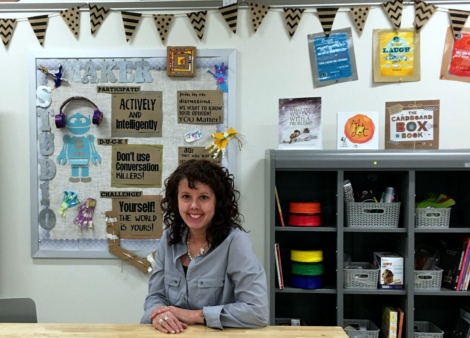
3 Tips for Evaluating Educational Games
Posted by Andrew Gardner on
Guest Blogger Andrew K. Miller (@betamiller on Twitter) is on the National Faculty for the Buck Institute for Education, an organization specializing in 21st century project-based learning, as well as for ASCD, providing expertise in a variety of professional development needs. He is also a regular blogger for Edutopia. In this guest blog post, Andrew distills evaluating educational games into 3 key points. BrainPOP uses these and other evaulation points when determining games to present on GameUp.
I love using games in the classroom, and I love supporting teachers in their implementation. As I continue this work, both in terms of advocacy and implementation, there remains a critical question that will either support games for learning, or undermine it. Is it a good game? I constantly watch the twittersphere and get emails from colleagues, game companies, and the like about “games.” Whether it’s “20 Games to Support ELL Students,” or “The 5 New Best Games for the iPad,” it can be daunting to even know where to start using games in the classroom.
I’ve got news for you. What people claim to be games, may in fact not be games at all. Or, even worse, they may bad games! Perhaps they are just digital activities or apps, and that is fine, but let’s not claim one to be a game when it is not. While there are many ways to distinguish a good game from an activity, consider these three to start:
Is it Edutainment? – Jeopardy is a prime example. Jeopardy is a fun activity, where you are almost fooled into learning because the game is fun. In general, “Edutainment” is based on this idea of “fooling,” in that we learn or must know something, but the learning isn’t really connected to a real engaging purpose. Furthermore, is recalling the answer to a question “learning?” Seems to me more like testing.
Does it have an engaging story – A good game has a story that we immerse ourselves in. While this story might be epic like Final Fantasy, it can also be short and sweet. Within this story is an engaging character or role that we invest in as a player. We take on the role of an engineer, an adventurer, a virus, a shop owner, and many more in games. These authentic roles coupled with a purposeful story or scenario creates the engagement to play.
Is there application of knowledge? If the game is simply asking you to recall facts and figures, they it may not be the best game. There is a time and place for this this type of learning, but good games require us to do more with the facts and skills we learn. The game helps us learn these ideas, but requires deeper thinking and learning! Just as we demand deeper thinking and learning in our curriculum and instruction at school, a good game should do the same.
Can you think of any “good games” that meet Andrew’s criteria? Share your suggestions in the comment section below!














